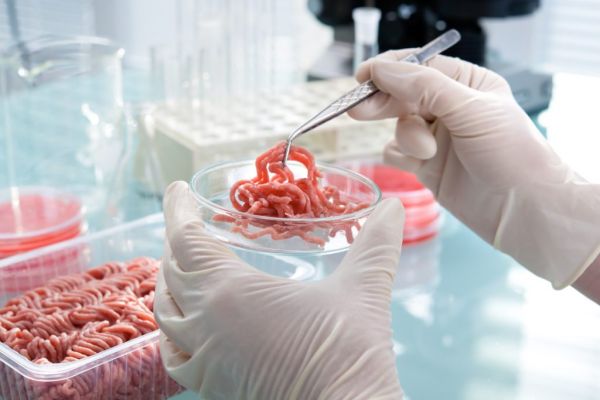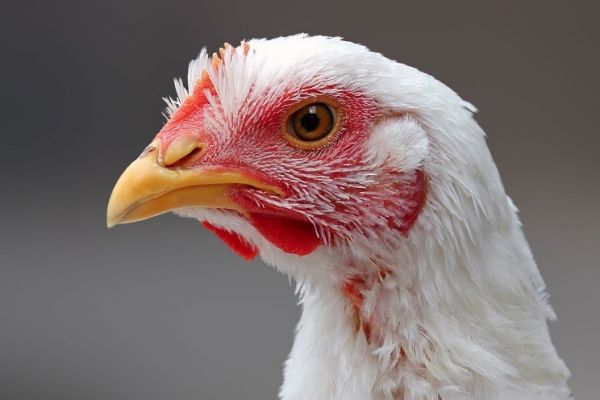The global market for cultured meat is expected to reach a value of $20 billion (€18.7 billion) by 2023, a new report by Global Market Insights has found.
Cultured meat, also know as lab-grown or cell-based meat, is developed through growing animal cells in a controlled environment to produce meat products without the need for traditional farming, and has long been held up as a more sustainable alternative.
'Critical Global Challenges'
'One of the primary drivers behind the anticipated growth of the cultured meat market is its potential to address critical global challenges, including food security and environmental sustainability,' Global Market Insights said.
'Unlike conventional livestock farming, which is resource-intensive and contributes significantly to greenhouse gas emissions, cultured meat production requires fewer natural resources and produces substantially lower emissions. This makes it an attractive alternative for environmentally-conscious consumers seeking to reduce their ecological footprint.'
In February of this year, a separate study found that Europe was 'lagging behind' the rest of the world in terms of the development of lab-grown meat, compared to markets like the US and Asia.
Consumer Preferences
Shifting consumer preferences towards more sustainable food sources have played a role in propelling the cultured meat market forward, it added, while improved taste and texture profiles also mean that it is quickly becoming indistinguishable from conventionally farmed meat.
Elsewhere, governments and regulatory bodies around the world are increasingly recognising the role that lab-grown meat can play in facilitating a more sustainable future, which has led to the development of supportive regulatory frameworks and collaborations, Global Market Insights added.
'While the cultured meat market is poised for exponential growth, it is not without its challenges. High initial capital investment, consumer acceptance, and achieving cost parity with conventionally produced meat remain key hurdles,' it said.
'However, with sustained research and development efforts, coupled with increasing consumer awareness and support from regulatory bodies, these challenges are expected to be overcome in the coming years.'











